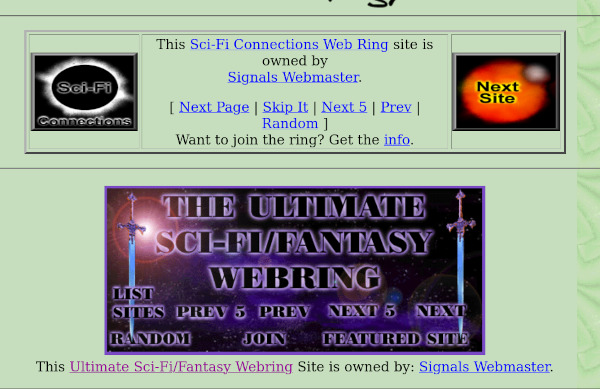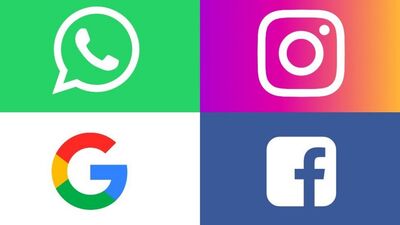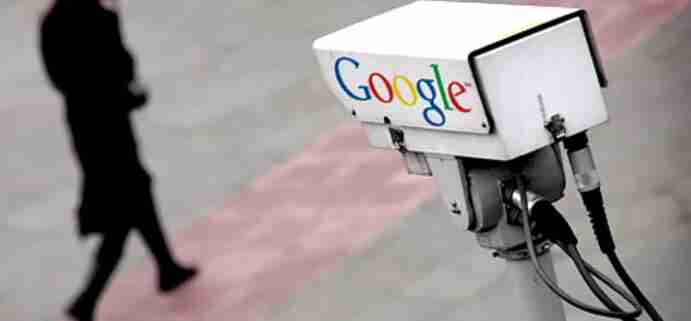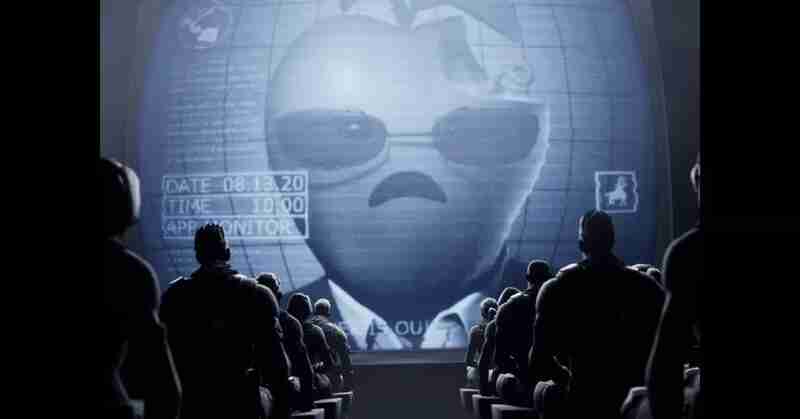Hello world
-日付 2021 Jan 31- English EspañolYou’d have to try really hard to convince me that the 80’s are not the true golden decade of cinema.
I don’t really know how to describe in words what it was about those movies (the slow pace? the excessively loud music? the gloomy atmosphere?) but it was then when, among many others, “Alien” (well, this one is from 1979, but almost), “Predator”, “Labyrinth”, “Platoon”, “Indiana Jones and the Lost Ark”, “Terminator”, “Die Hard”, … were filmed.
It was also the time when the role of computers in movies began to grow: who does not recognize the iconic infinite zoom of “Blade Runner” or has not dreamed of changing some exam’s grades from home as in “War Games”?
The fact is that at that time almost nobody had a computer at home and Hollywood took advantage of our ignorance to give free rein to their imagination and create all kinds of “cybertronic” fantasies that shaped our expectations. The funny thing is that soon after, when the first computers started arriving in teenagers’ homes, the experience turned out to be surprisingly similar to what we had been sold.

The Internet was basically a network of communities called “webrings” (more information here), and “surfing the Internet” consisted of going to one of the websites of the ring you were interested in (either because a friend recommended it or because you found it in the Yahoo! directory) and following the links to the rest of the pages that were part of it.

Each web was hosted on the personal computer of another person like you or me, at home or in a university department. They used basic HTML and no (or very little) Javascript. Plus they all had a “counter”, a “guestbook”, lots of blinking effects and zero ads.

When you connected from home you blocked the phone line, so you couldn’t stay long or your parents would get mad, and the speed was 56KBps: that’s less than 0.1 megabytes “of today”.
All these factors gave a certain air of mysticism to the “cyberspace” that turned out to be a copy of what the movies had been describing to us during the past decade.
Today there is none of that left :_(
Why was it better before? No, no… I didn’t say that. Before you couldn’t buy fruit online, play an online game with 64 other people or watch a conference taking place in Germany live from your home.
What was better is how it was structured.
Back then (and this is the key to everything), there were more or less the same number of “producers” as “consumers”: we all had our website and we all visited each other’s websites. Now that balance has been completely broken and it is rare to find personal websites. The normal thing is to watch videos (that a few) upload to Youtube or read the newspaper (from a few publishers) of the day. The content of the “regular user” has been reduced to comments on Facebook threads or sequences of photos on Instagram (both of a fickle nature and controlled by private companies).
The Internet “back in the day” was a more democratic and wild place. More “hackery.” Browsing history was a treasure chest to be shared with friends. Now (give it a try) it’s rare to have more than 5 or 6 different pages visited in the last month (and I’m sure, without telling you, you know which ones I mean).

When I talk to friends and family now about their “ties” to the Internet, I get the impression that the vast majority of people fall into one of two groups:
Group 1 (the Google crowd):
Group 2 (the Apple crowd):
I “dislike” (with affection) both groups equally, but in different ways:
The first group because, by giving away their data (under the excuse of “I have nothing to hide”), they are normalizing large-scale “spying” which on the one hand gives excessive power to the beneficiary (in this case to Google and governments with the ability to intervene it), and on the other helps to “mark” the “dissidents of the system” (who do have something legitimate to hide from their undemocratic governments or anyone else for whatever reason). Do you think I’m exaggerating? Services are already starting to appear that only let you create an account with a Gmail address (or with Facebook credentials, which is the same thing).

The second group because they are promoting a business model based on limiting user freedoms (“Apple decides what is good for you”). Steve Jobs said at the time “We do believe we have a moral responsibility to keep porn off the iPhone … Folks who want porn can buy an Android phone”… and so it is: no porn in the AppleStore. No porn, no podcasts that talk about sensitive topics, no applications that bother the dictatorship of the country in question, etc … Note that Google is not better in this aspect of censorship, but at least on Android there is a way to install applications from outside the official store. But this is not the case with Apple, where everything has to go through their approval.

We should do everything we can to go back to the decentralized Internet where:
What can we do on a personal basis to get the original Internet back? Two things:
When shopping online, try to go directly to the manufacturer’s website instead of always using Amazon.
Don’t sign up with the usual “big” internet providers (Verizon, Comcast, …). See first if you can get a connection through a local company / cooperative. Not only will you be contributing to decentralization, but these companies…
When paying online, don’t always use Google Pay, or Apple Pay, or PayPal… Ideally you should be able to pay with cryptocurrencies, but until the day comes when it is fully standardized, the next best option is to use your bank card directly. Some banks let you create a “virtual card” different from your main card, where you load only the money that you are going to expend on the next transaction, thus reducing the chances of undue charge. If your bank does not offer this option, you can always open an account elsewhere and make regular transfers.
Etc…
We should be encouraged to have our own websites of dubious design (wink, wink) hosted on our own servers to put whatever we want.
We all have something to contribute to the world: What books do you recommend me to read? Have you been hiking somewhere worthwhile lately? Do you have the best cookies in the northern hemisphere for breakfast? Would you share with me those t-shirt designs you’ve made?…
The content, oddly enough, is the least of it! Surely there is someone who has the same tastes as you and finds it fascinating. Write about topics that interest you, add videos talking about things that you find worthwhile and post links to similar websites (¡let’s make webrings popular once again!).
I’m starting this blog in the hope of doing my bit for this noble purpose :). I still don’t know what I’m going to talk about… maybe I’ll start by explaining how I started this website so that others will be encouraged to do the same, or maybe I’ll talk about the trick I have for folding socks… who knows!
Let’s see what comes out of this…